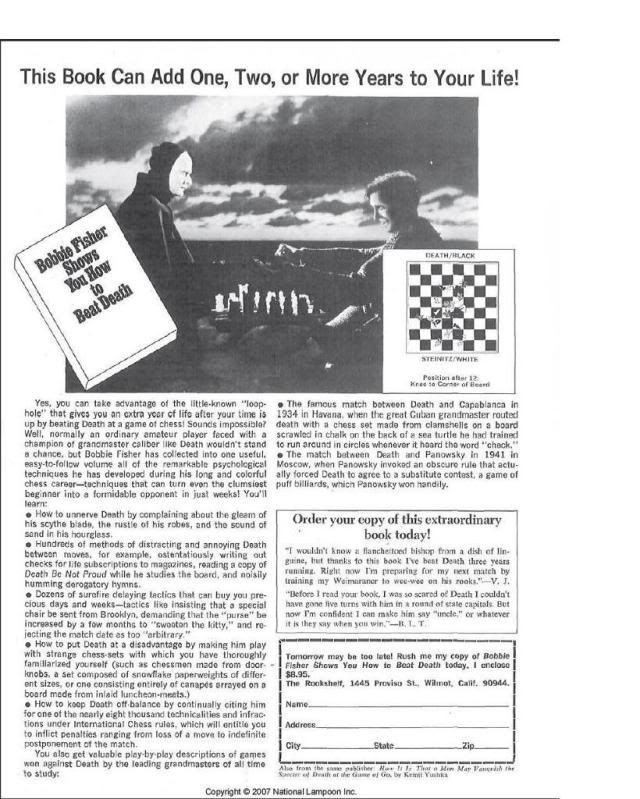Multiplayer games are different. Losing to a human is usually not as humiliating as losing to a computer.
On the other hand, few of use can beat or draw the best chess programs. But strong chess programs have a purpose: they are chess teachers, to prepare humans to play against other humans. In addition, chess (along with Go and Shogi) has become more than just a contest. In the words of ex - world champion Smyslov (1921-2010), "No fantasy, however rich, no technique, however masterly, no penetration into the psychology of the opponent, however deep, can make a chess game a work of art, if these qualities do not lead to the main goal - the search for truth."
And as you said, if God chose to play chess, He would never need to lose, although He could choose to do so to accomplish some mysterious (to us) purpose.
Do you remember this movie?
